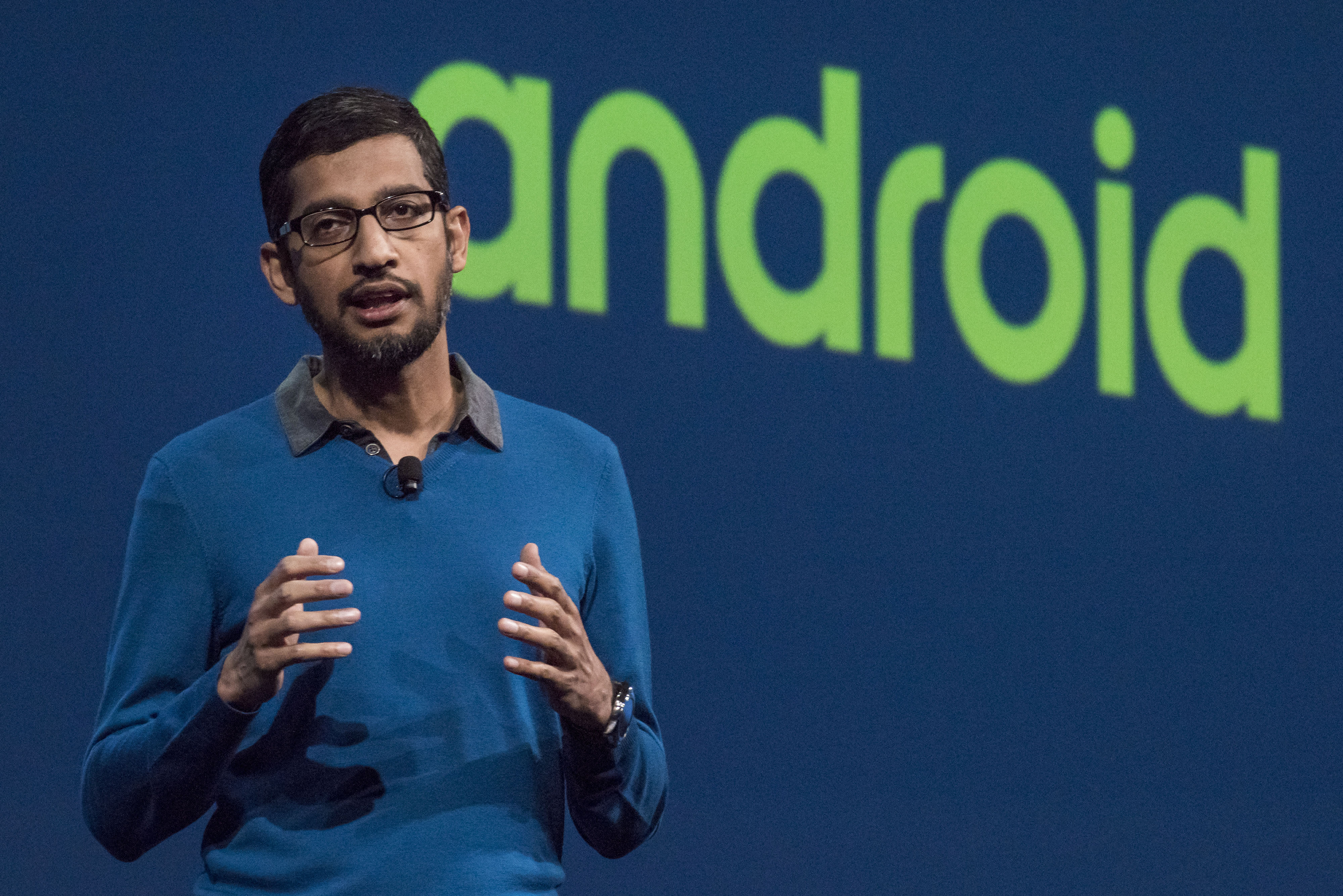
Google said it will require other search providers to pay to become one of the default options available to European users when setting up their Android device.
The company said in a blog post on Friday that European users will see a new choice screen when setting up their device, showing a list of options they can select to be their default search engine for the search box on their home screen and Google Chrome.
Google already lets Android users change their default provider at any time, but the new set up page allows them to change it when setting up their device.
Rival search engines will have to bid in a blind auction to become one of those default options, Google said. The company explained that process in a separate page on Android's website:
In each country auction, search providers will state the price that they are willing to pay each time a user selects them from the choice screen in the given country. Each country will have a minimum bid threshold. The three highest bidders that meet or exceed the bid threshold for a given country will appear in the choice screen for that country.
The auction winners, and Google, will be ordered randomly in the choice screen. In the event of a tie, Google will allocate the slots randomly among the tied bidders. In the event that fewer than three eligible search providers meet or exceed the bid threshold, Google will fill any remaining slots randomly from the pool of eligible search providers. The pool of eligible providers will include those that applied to participate in the choice screen but did not submit bids.
A screen capture shared by the firm showed three alternative search providers, including Qwant, Ecosia and Yahoo. Google said other platforms can apply to be part of the new choice screen, adding it will be introduced on Android phones in Europe by early 2020.
Google says it will let users in the EU choose their default search provider when setting up an Android device, starting from early 2020.
The news follows a record $5 billion antitrust fine levied by the European Commission last year over alleged competition breaches from Google. One of the EU executive arm's main contentions was with the company's practice of bundling its Chrome and Search apps on Android.
Google has since appealed the fine, and said it is making a number of changes to comply with the EU's decision. Previously announced changes include letting smartphone makers distribute forked versions of Android, a new paid licensing agreement for Android phones and separate licenses for the Search and Chrome apps.
Clarification: This article has been amended to reflect the fact that Google already lets Android users change their default provider at any time, but the new choice screen allows them to change it when setting up their device.
https://www.cnbc.com/2019/08/02/google-to-let-eu-users-choose-their-default-search-provider-on-android.html
2019-08-02 07:49:15Z
CAIiENMAJLFaHS52ilaukH71jXoqGQgEKhAIACoHCAow2Nb3CjDivdcCMP3ungY
Tidak ada komentar:
Posting Komentar